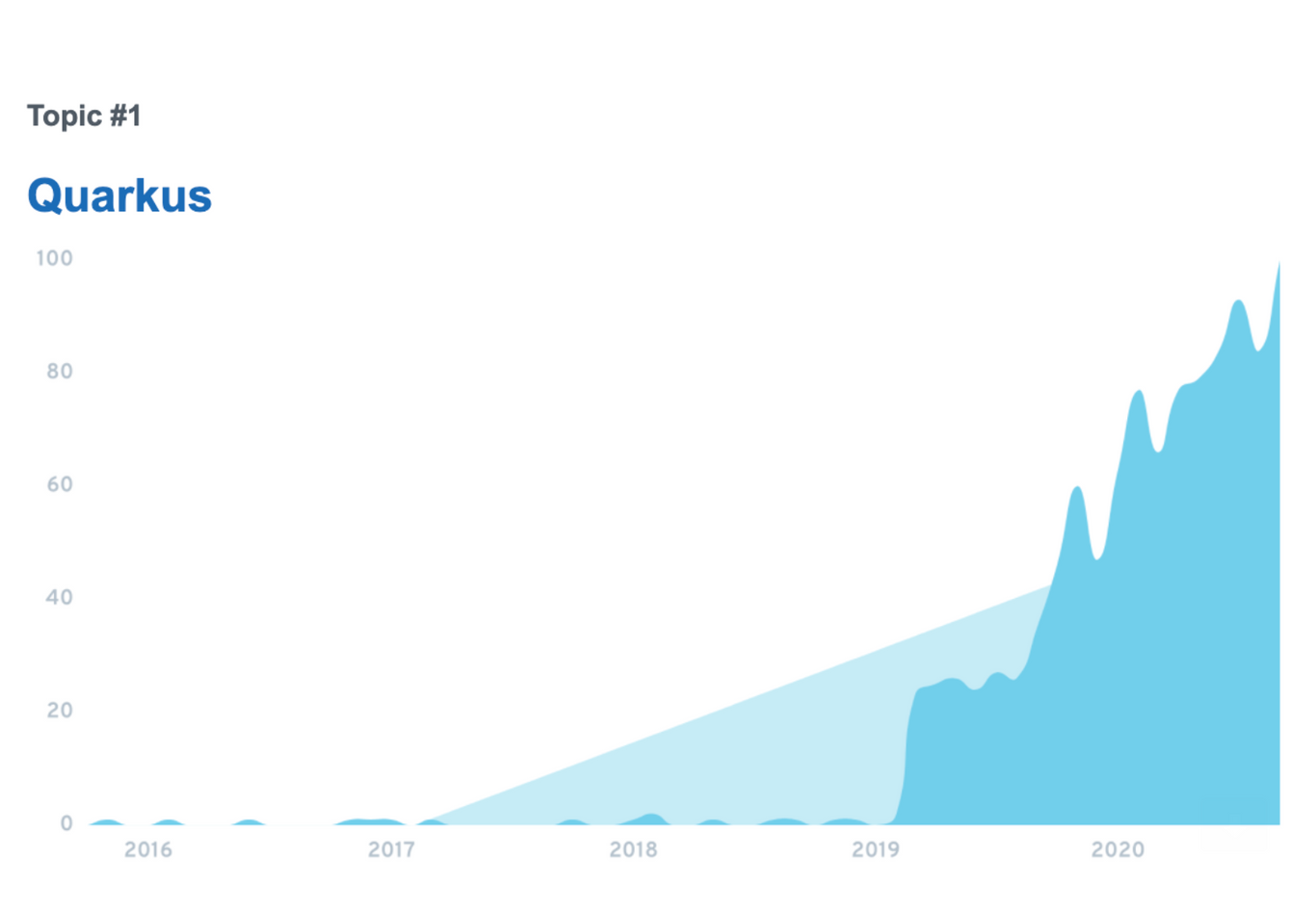SEO and Paid Media
5 reasons to treat SEO & social media as allies
10/29/20
Content and SEO, two marketing disciplines that often are closely tied. But what about social media? Yes, social media is a part of the family too, and all three of them have a similar goal: delivering great content to the audience. First, you have content marketing where you inform, entertain, and inspire your audience. Then you have social media to promote, share, and create buzz around your content. And third, there is SEO, where SEO optimized content reaches your audience in the SERP (Search Engine Results Page). Three disciplines with one shared goal. They simply go about it in different ways.
Let’s dive in and talk more about how you can specifically use SEO and social media together. How can you make them bring out the best in each other, and are they a truly happily married couple?
1. SEO and social media offer nice perks for each other
In social media, you grow and evolve the relationship with your audience. Here you can form trust and deepen your relationships through authentic interactions and high-quality information. Use this to your advantage – build your brand on Facebook, Instagram, Twitter, and LinkedIn and harvest your efforts in search. Make sure your audience remembers your logo, slogan, and colors, and increase the likelihood of clicks in the SERP by being a recognized and trusted brand on social media.
It works the other way around as well. When you show that you are a trusted source on search engines, potential followers will notice. As in any relationship, trust is key, and knowing that they can count on you makes it easier for them to join your social media network.
2. E-A-T and be a trusted source online
So, how do you become a trusted source online? Let’s introduce E-A-T, Google’s guidelines for search quality: Expertise, Authority, Trustworthiness. These are guidelines to help you create high-quality pages and understand what Google and search engines are looking for in a web page. These recommendations are as workable for social media as they are for search, although they are two pretty different disciplines.
What search and social media have in common is that they are both places for information discovery. People are looking for dinner inspiration, worldwide news, how to build a veranda, and everything in between. So try to strive for E-A-T on social media as well, and have this acronym in mind when building your trusted brand. Ask these questions as a reminder, and quality check before publishing anything:
Are we experts in our industry and around the topic we want to talk about now?
Are we a leader in our industry and is this post considered an authoritative source of information?
Is the information we are going to share accurate, trustworthy, and honest?
3. Social media = PR = Backlinks
Links from social media do not directly affect rankings (positions in the search results), but visibility plays a significant role. Listen to this: you publish a piece of content on social media, your readers like it and share it. Another content creator in your industry sees it and chooses to embed a link to your piece in their content. The circle is complete, and you’ve got a natural backlink.
Social media is an important PR outlet, but also a place to build natural backlinks. Useful, engaging, and unique content will always create quality backlinks in the long run.
That said, make sure you have a sharing strategy in place for all the content you publish, and incorporate your keyword strategy in your social media planning and activation, as well as in your content plan.
4. Social monitoring, be first on trending topics in the SERP
Is there a new trend on social media? Just wait for it, search will follow. Trends on social media spur search traffic.
Catch a trending topic early and match it with timely content in the SERP. Use any of the social monitoring tools out there like Buzzsumo or Exploding Topics and be first with content on a new trend in your industry. Remember that social media are search engines too. People out there are trying to find answers and solve problems, just as Google and other search engines want to give users the most relevant answer in the SERP.

Exploding topic #1 “Quarkus”, week of Oct 13th, 2020 (Quarkus is a programming framework)
5. Use social listening to gain insights for SEO
Social listening sounds a bit like social monitoring but is actually quite different. The first is more qualitative and the second focuses on quantity. Social listening finds qualitative data, such as how your audience feels about your brand and products. You “listen in” on conversations related to your brand and gain insights by analyzing this data. Social monitoring, in turn, shows general trends in your industry, brand mentions, and more.
Be a detective and find out what people say about your brand and where they do it. What are they asking for, discussing, and what do they seem to want and need?
Use social listening to get to know your audience and interact with them. Use it to make necessary changes to your content, SEO and social media strategies based on these new-found insights.
Want to talk more about SEO and social media with us?Contact us here.



